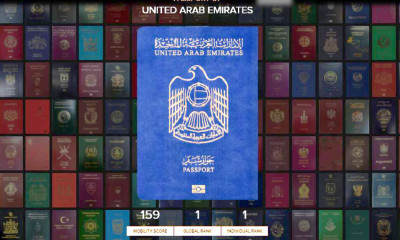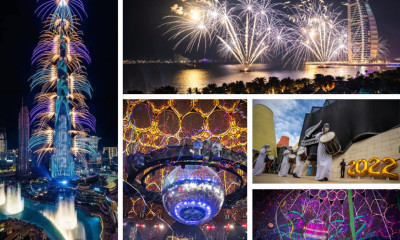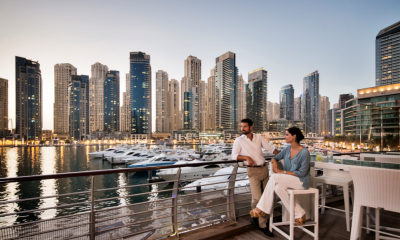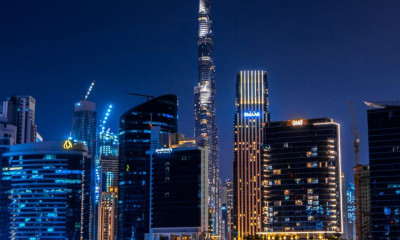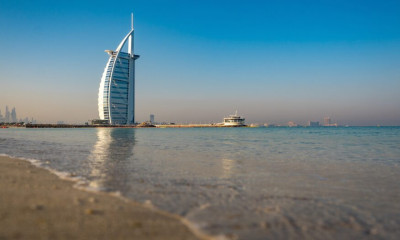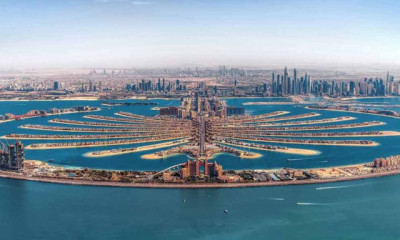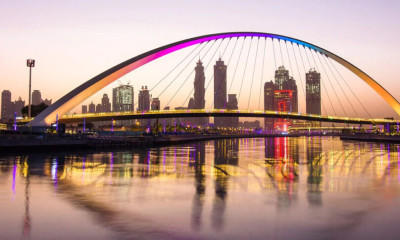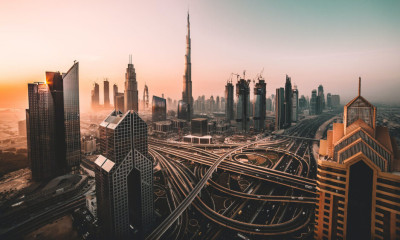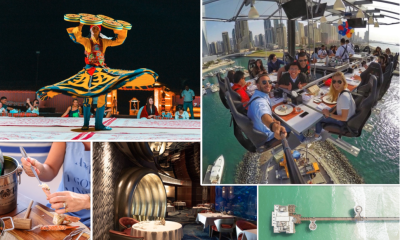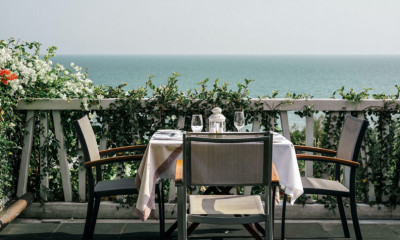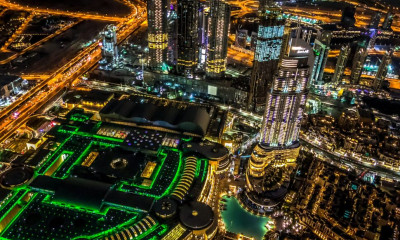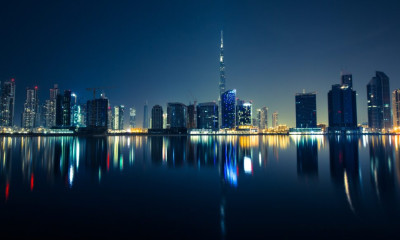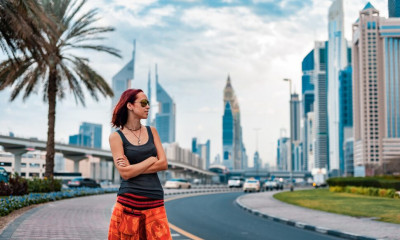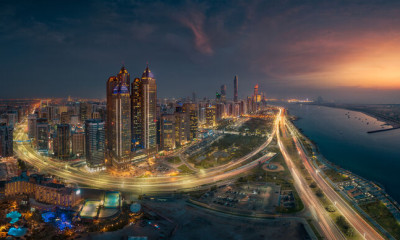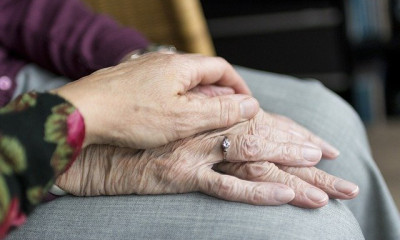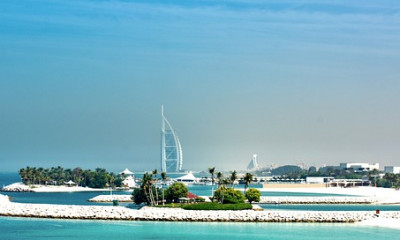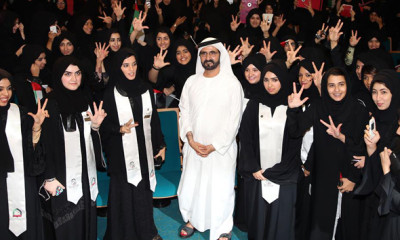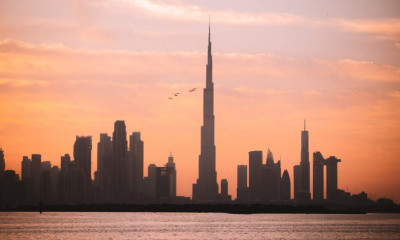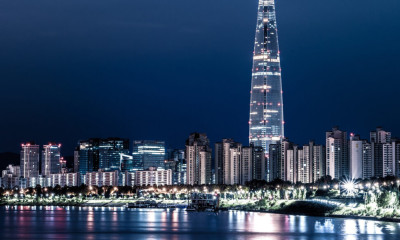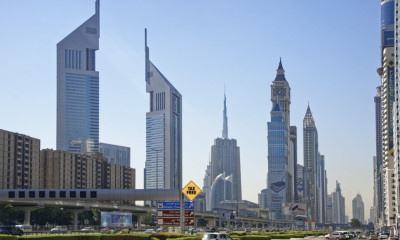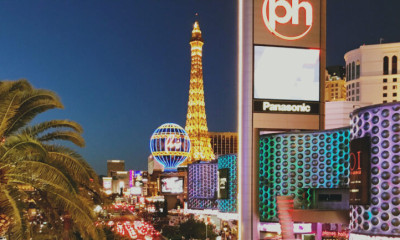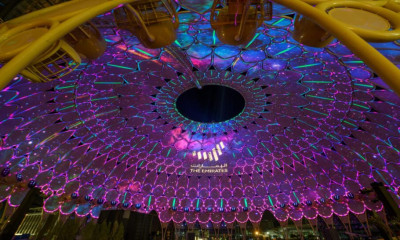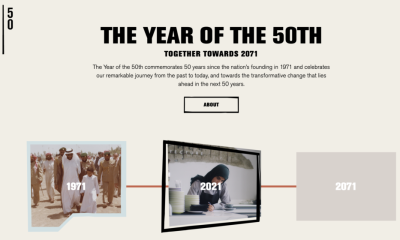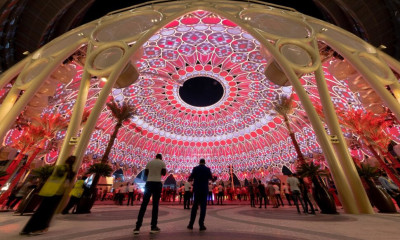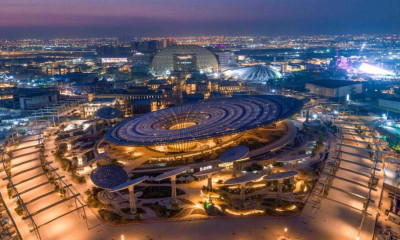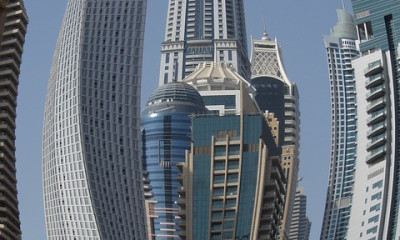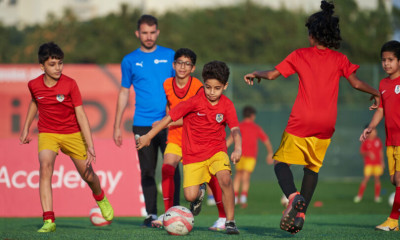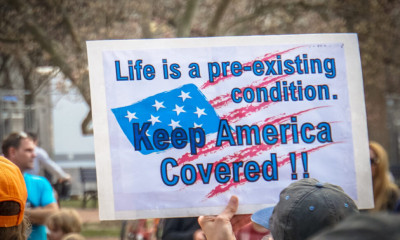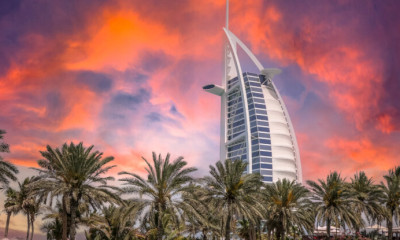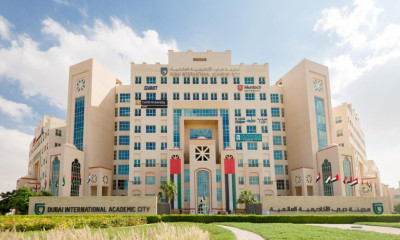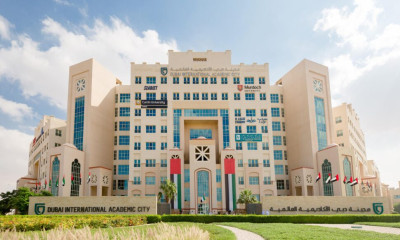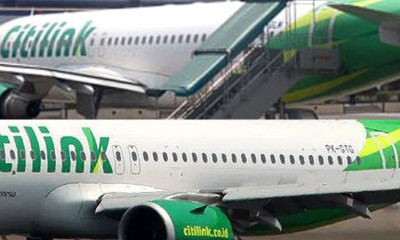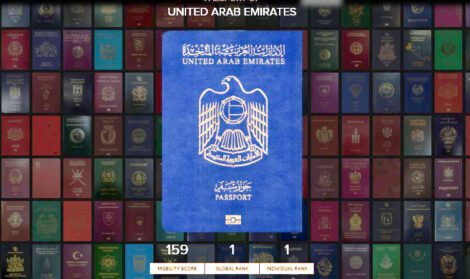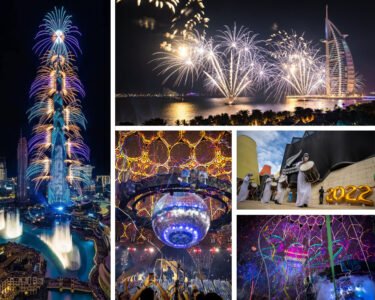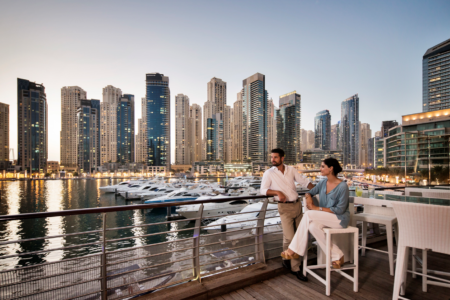
Within a few months of introducing a residence visa for remote workers, Dubai has already established itself as the leader of the pack. Dubai is the second most attractive city for digital nomads in online rental platform Nestpick’s Work-from-Anywhere Index.
It is the only Middle Eastern city to feature in the index that ranks 75 global cities on three major parameters: cost and infrastructure, legislation and freedoms, and liveability.
Nestpick says its ranking offers an overview of the best cities worldwide for those seeking the perfect home base from which to live and work remotely from, as well as those with the potential to attract this new breed of workers in the future.
Ranked at No. 2 in the world, Dubai is the only Middle Eastern city to feature in the Work-From-Anywhere Index that ranks 75 global cities on three major parameters: cost and infrastructure, legislation and freedoms, and liveability
With an overall score of 100, Australia’s Melbourne pipped Dubai (overall score: 96.64) to the post by a whisker. Another Australian city Sydney ranked at No. 3 on the list. Tallinn (Estonia) and London (UK) rounded up the Top 5 most attractive cities for those who can work from anywhere.
“The last year has really proved to many companies that remote-working is not only a possibility, but actually something that can be beneficial to everyone involved,” said Omer Kucukdere, Founder and CEO of Nestpick. “The technology has been available for a while now, but it’s taken seeing it in practice for the idea to really take hold,” he said.
THE WORK-FROM-ANYWHERE INDEX
| City | Country | Score | |
| 1. | Melbourne | Australia | 100 |
| 2. | Dubai | UAE | 96.64 |
| 3. | Sydeny | Australia | 92.62 |
| 4. | Tallinn | Estonia | 88.11 |
| 5. | London | UK | 87.18 |
| 6. | Tokyo | Japan | 86.81 |
| 7. | Singapore | Singapore | 85.50 |
| 8. | Glasgow | UK | 84.74 |
| 9. | Montreal | Canada | 84.07 |
| 10. | Berlin | Germany | 82.88 |
| 11. | Prague | Czech Republic | 82.61 |
| 12. | Toronto | Canada | 82.41 |
| 13. | Chicago | US | 82.32 |
| 14. | Hong Kong | Hong Kong | 81.26 |
| 15. | Lisbon | Portugal | 81.16 |
Dubai is one of only 10 cities on the list to have introduced a digital nomad visa (remote work visa) and was a joint topper on that parameter. The UAE’s commercial capital also came top on taxation (personal income is not taxed in the UAE). The emirate scored well on several other parameters including availability of accommodation (No. 10), remote working infrastructure (No. 13), and healthcare (No. 9).
“At Nestpick, we encounter millions of users on our accommodation platform seeking a change of location that better matches their work and lifestyle needs,” wrote the online accommodation platform.
“Even before the pandemic, advances in technology and digital connectivity prompted many companies to adopt a work-from-anywhere policy, allowing employees to choose a living/working arrangement that suits them best,” it noted.
Even as the pandemic has rapidly accelerated that trend, Nestpick said “very few countries have enacted legislation designed to attract foreign-employed workers”.
A young and ambitious country with a stellar track record of incentivising performance, the UAE has opened its doors to global digital nomads – a new generation of professionals who have work-life balance as one of their primary life goals.

Dubai is an obvious choice for millennial and Gen Z professional workers
Dubai is an obvious choice for millennial and Gen Z professional workers who value personal and career growth over job security, and flexible working hours over cash incentives. Dubai has been offering foreign-employed workers the opportunity to live and work in the city since October last year. Dubai’s remote-working programme allows applicants to obtain all services available to the city’s permanent residents, including phone and internet, utilities and schooling for their children.
Nestpick said that most other destinations lacked that flexibility and, instead, offered visas to only those who take jobs on location.
The study analysed the world’s 75 most liveable destinations according to the three broad categories that, when combined, make them a good place to both relocate and work remotely from.
The detailed analyses took into account factors key to expat workers. Under the cost and infrastructure parameter, the study assessed factors including the cost to set up and availability of adequate home office space, and the speed and capacity of the internet.
For the category of legislation and freedoms, Nestpick appraised the ease with which a foreigner was able to work remotely in each location, investigating whether countries offered a special visa for these employees, as well as specific remote-working infrastructure such as tax deductions and regulation.
“Being able to live safely and freely is often a deciding factor for potential migrants, so we analysed the extent of basic human rights and freedoms in each location, as well as the levels of safety and support for gender equality and inclusivity of minorities and the LGBT+ community,” it noted.
“After evaluating these structural and legislative elements, we turned our attention to the factors which make a city a great place to live, such as access to culture and leisure events both before and during the pandemic, as well as the general weather and levels of air, noise and light pollution,” the report said.
Dubai is the proverbial melting pot of cultures, offering its residents a dynamic lifestyle and a positive work-life balance.

“Finally, since the Covid-19 pandemic continues to impact the liveability of many metropolises, we took note of the percentage of the populations that are fully vaccinated in each location, as well as those that had low infection rates,” it said.
Dubai, one of the safest places in the world, emerged as the second best city on these parameters. The city is the proverbial melting pot of cultures, offering its residents a dynamic lifestyle and a positive work-life balance. A modern metropolis steeped in tradition and culture, the city boasts sandy beaches, incredible dining and world-class entertainment.



